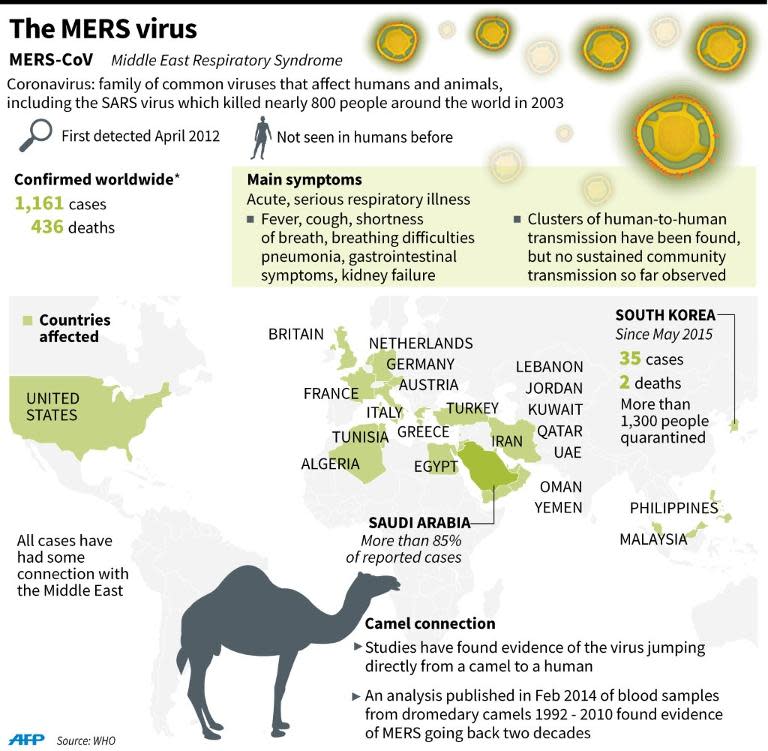Singapore Ministry of Health keeping close watch on MERS-CoV virus developments
Singapore’s Ministry of Health (MOH) said in an update on 3 June that it has rolled out a series of measures to be taken against the Middle East Respiratory Syndrome Coronavirus (MERS-CoV).
The MOH said it has been keeping watch of the developments of the virus, including the outbreak in South Korea, which is the largest outside of Saudi Arabia.
“All hospitals in Singapore have been reminded to remain vigilant and to stand ready to screen and isolate any suspect cases,” the MOH said.
“Patients with clinical signs/symptoms of pneumonia or severe respiratory infection with breathlessness, and travel history to the Middle East in the two weeks before onset, will be referred by our public and private hospitals for further evaluation to exclude MERS-CoV infection," it noted.
This referral regime will also be extended to patients from South Korea, it added.
Since 18 May 2014, temperature screening at air checkpoints have also been in place for passengers arriving from the Middle East. The screening may also be increased, and passengers arriving from South Korea will also be screened if evidence surfaces of sustained community spread.
“Persons with a fever and respiratory illness of any severity who had visited a healthcare facility while travelling in the Middle East or South Korea will also be similarly referred. “
Health advisory
Members of the public are advised to refer to the MOH webpage on the MERS-Cov infection for the latest health advisory.
MOH also encourages those travelling to affected areas to maintain vigilance, and adopt health precautions when overseas, such as observing personal hygiene and wearing surgical mask in crowded places.
Individuals should also avoid close contact with persons suffering from acute respiratory infections, and contact with camels or any live farm or wild animals.
So far, five more cases have been reported in South Korea, bringing the total number of infected to 35, and killed two.
The first case in South Korea was reported on 20 May, where a 68-year-old man was diagnosed. He had a recent history of travelling to four countries in the Middle East, according to a situation assessment on the infection by the World Health Organisation on 2 June.
Saudi Arabia is the country with a vast majority of people infected, with the emergence of the disease reported in 2012.



